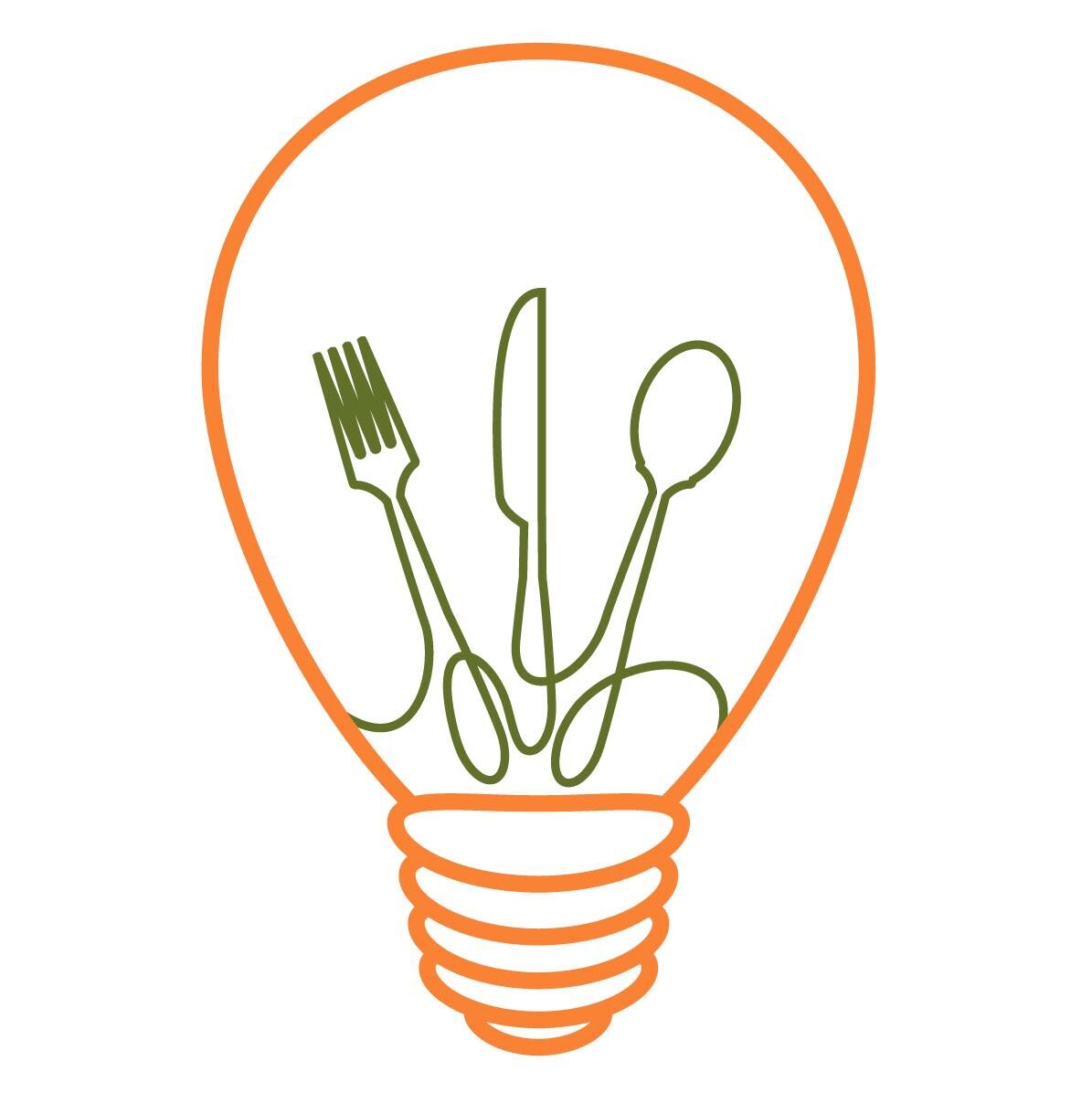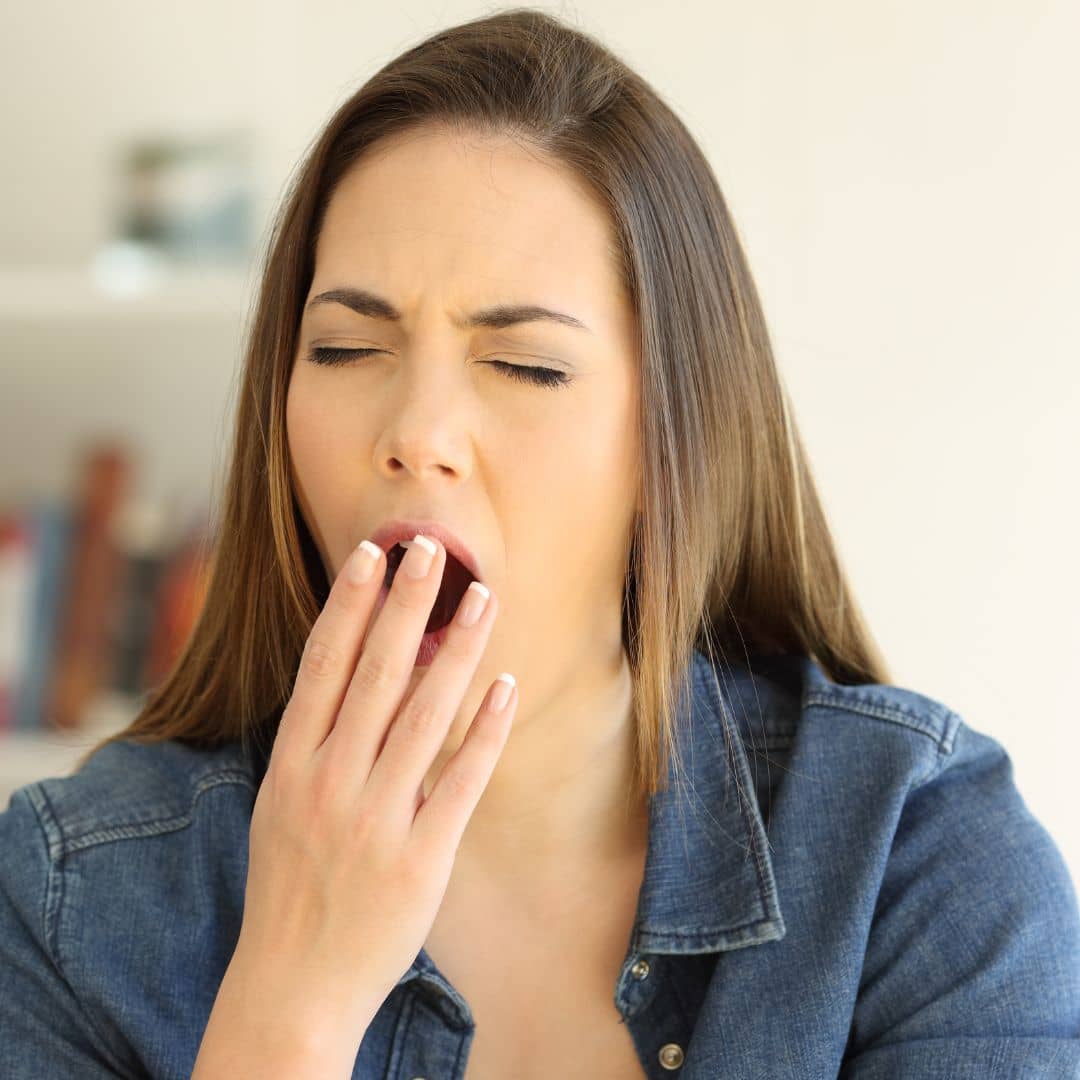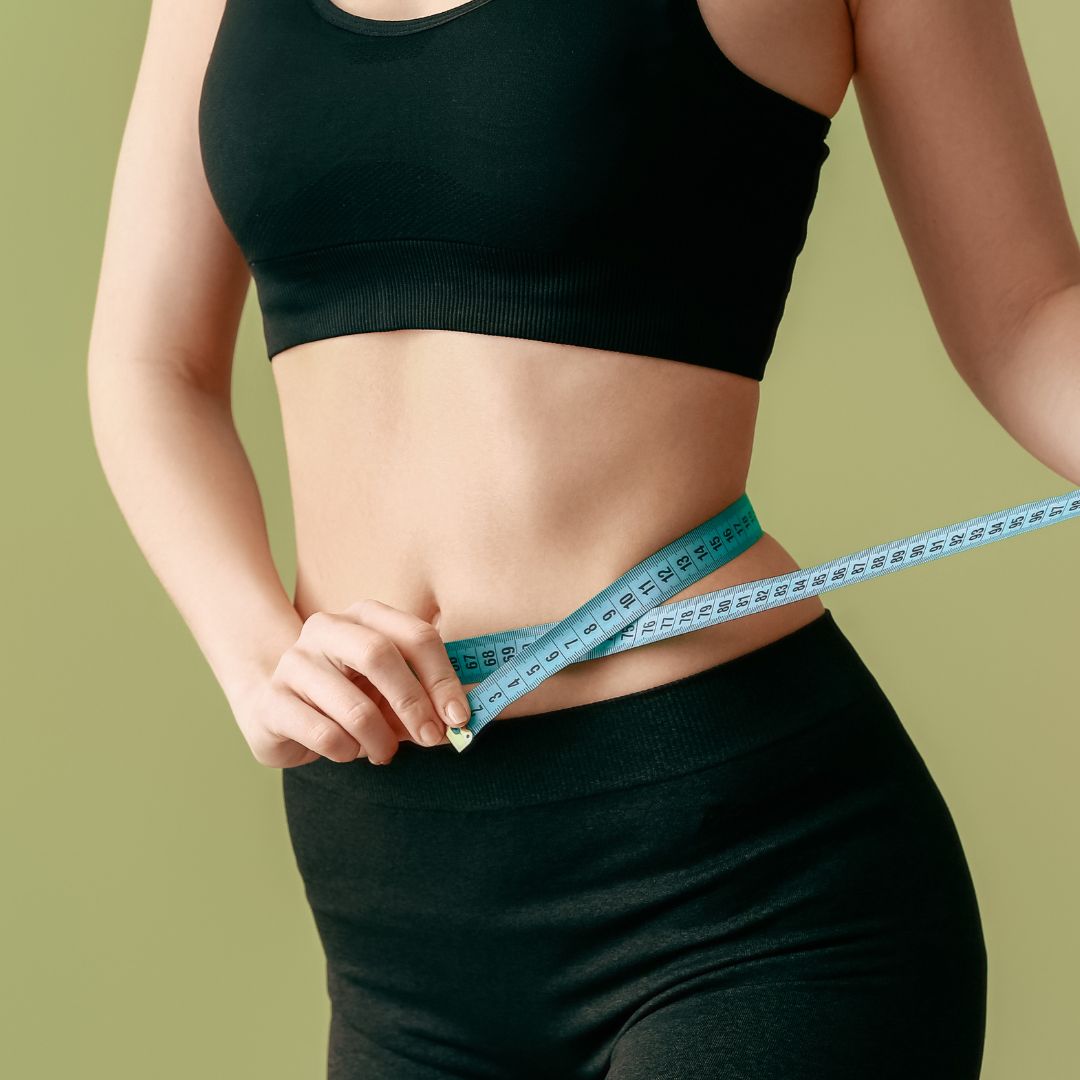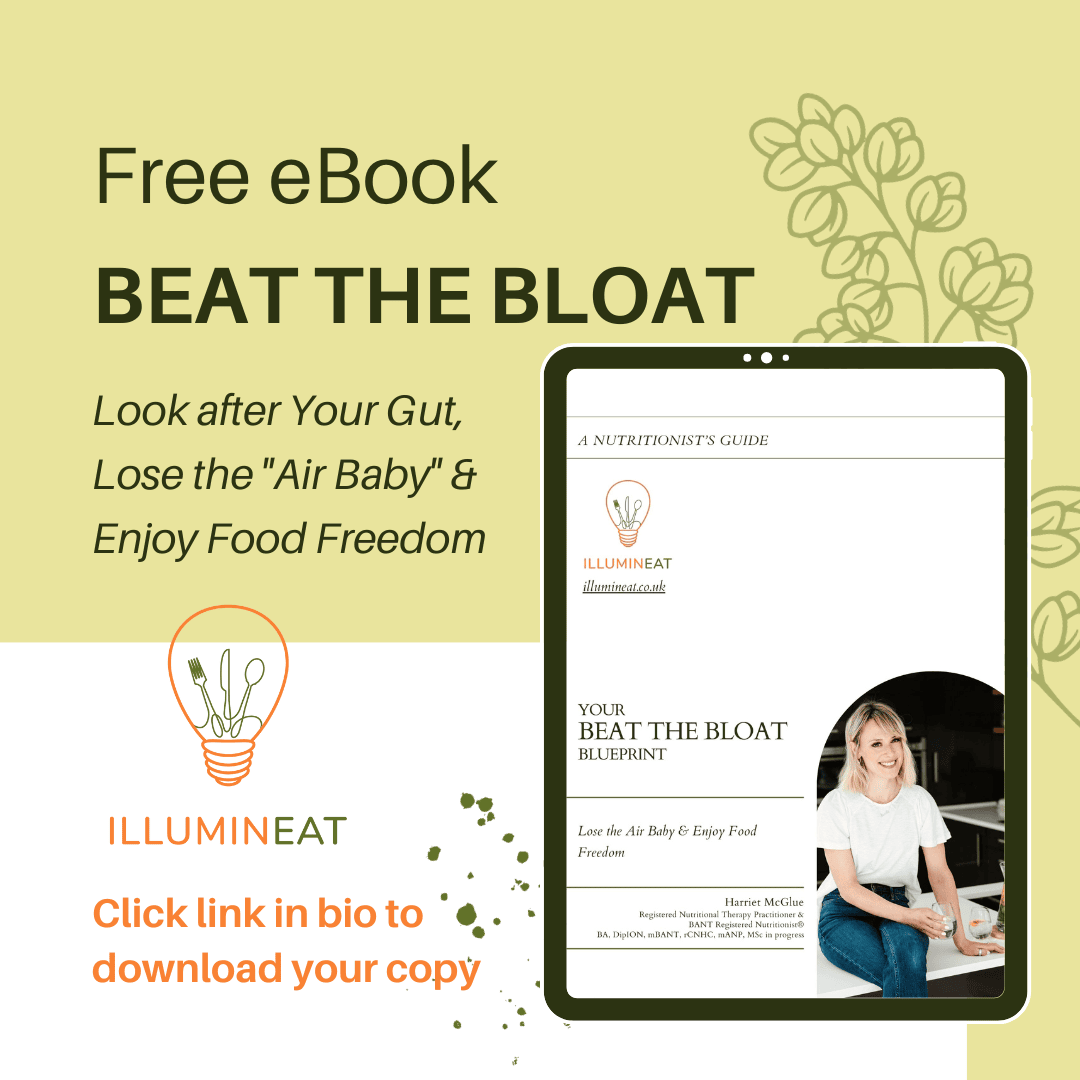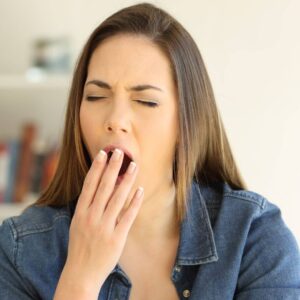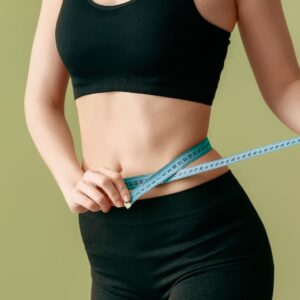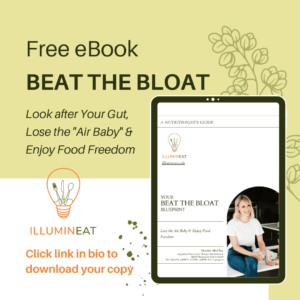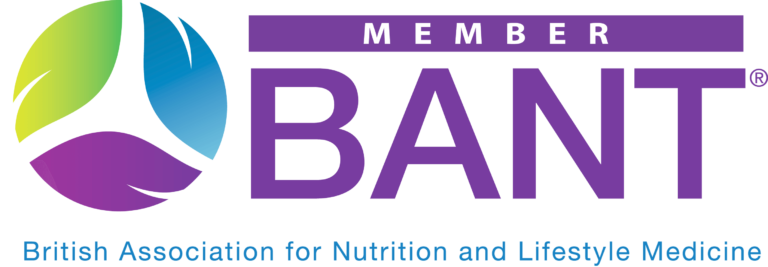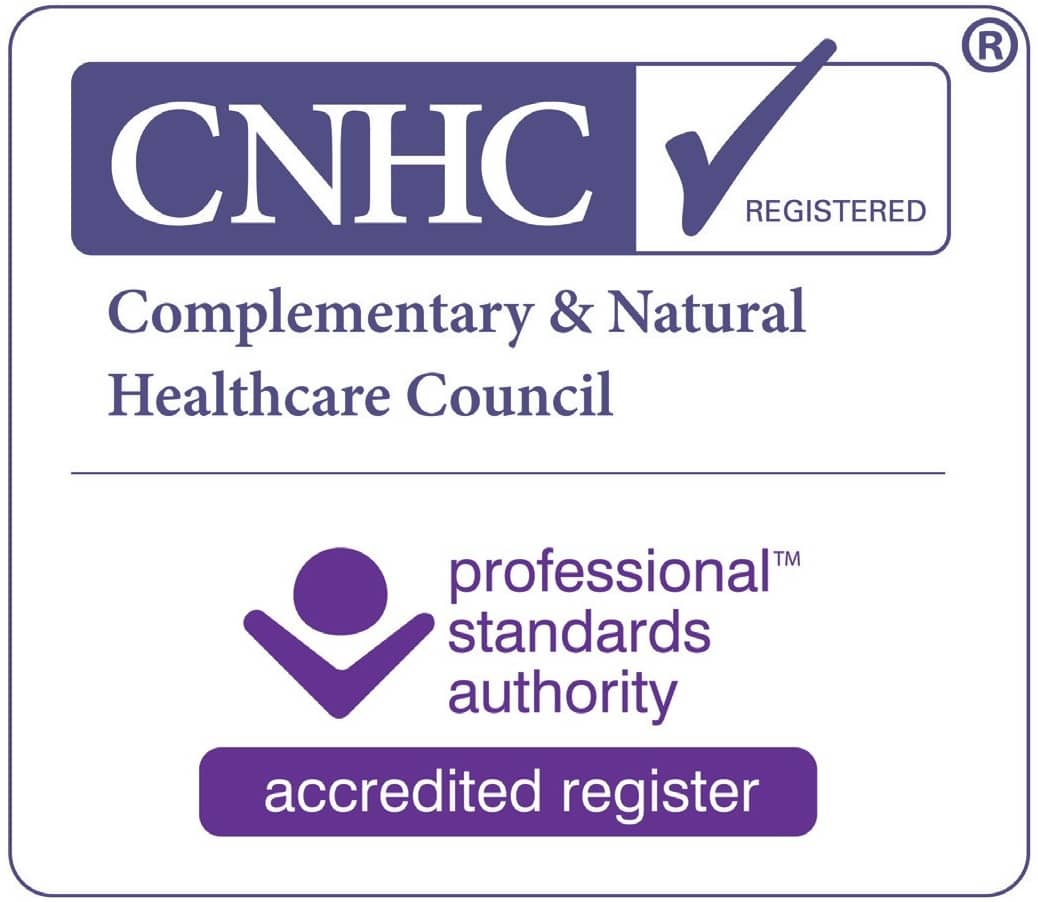Hopefully you’ve read my previous blog posts on the What to Eat in the Follicular Phase and What to Eat When You’re Ovulating and now, just like that, we’re in the second half of the cycle when things can get a bit more…. challenging! The luteal phase is actually a game of two halves: progesterone is rising rapidly in the first week of the phase, reaching its peak around day 21 (when oestrogen has its second smaller peak), whereas in the final days pre-period levels of both these hormones crash to an all-time low. This can make us more inclined to curl up on the sofa and order takeaway than cook from scratch and go for a run! But taking care to nourish ourselves optimally in this phase will help combat the worst of PMS and support balanced hormones all cycle long. So let’s dive into what to eat in the luteal phase, and what other strategies can we tap into, to feel better in the lead up to our periods!
What is the Luteal Phase?
The luteal phase is basically the second half of your menstrual cycle, beginning right after ovulation and ending the day before you get your period. This is the phase when PMS symptoms rear there head for many, ranging from mildly annoying to completely life altering.
Mental and Physical Changes in the Luteal Phase
After peaking at ovulation, oestrogen levels now start to dip, while progesterone rises. This means we should be naturally more progesterone-dominant – IF, that is, we are ovulating and producing robust levels of progesterone. Remember: no ovulation means no progesterone. And you can have a period and not be ovulating!
Mentally and emotionally, we tend to be methodical and focussed with high attention to detail early in this phase. In the week or so before our period, however, our sympathetic nervous system (fight or flight response) becomes dominant which, along with lower levels of serotonin (our happy hormone), may explain a heightened emotional sensitivity and cravings for mood-boosting ‘treats’.
Physically, energy is starting to decline. Low energy before our period starts can be very normal. Our core body temperature rises 0.3-0.7°C in the post-ovulatory luteal phase when progesterone is high. Although this doesn’t sound like much, we can be less heat tolerant and this may be one reason sleep is more disturbed in the lead up to our period.
PMS Symptoms and How to Manage them
Other PMS symptoms (bloating, changes in bowel movements, cramping, headaches, skin breakouts) are also extremely common, particularly in the second part of this phase, i.e. the days/week before our period. However, symptoms should be mild and not interfere with your activities. If they do, it’s time to seek help. There is plenty we can do to improve our experience and knowing what to eat in the luteal phase is a great place to start!
Hunger, cravings and fatigue
Research suggests that resting metabolic rate may increase during the week or so before our period (so we burn more calories at rest) and many women feel hungrier or experience carb/sugar cravings at this time. It is estimated we may actually need around 150 calories extra; after all, the goal of progesterone is to create a lush endometrial lining for implantation. The fact is though, most of us consume rather more than this in our PMS-driven raids of the treat drawer!
We burn carbs less effectively than earlier in our cycle, burn more fat for energy and break down protein at a higher rate too. All of this means it’s super important to eat enough food and to focus on quality protein, healthy fats and slow-release complex carbs (over white carbs) at every meal. Sweet roasted or slow cooked root veg are a fantastic way to satisfy cravings! Fasting or skipping meals is a big no-no at this time. Eating regular balanced meals helps support balanced blood sugar, avoiding energy dips, mood swings and sugar cravings.
Inflammation and Cramping
The final few days of this phase is when inflammation levels are highest. Magnesium can help reduce the specific inflammatory prostaglandins that cause PMS and cramping. I like the glycinate form which is calming and supports sleep, mood and energy in the run up to our period. Leafy greens, nuts, seeds & dark chocolate are good food sources
Bloating and gas
Bloating is super common in this phase. It is partly a result of water retention and can be made worse by excess oestrogen (relative to progesterone). Counter-intuitively, keeping well hydrated with water and herbal teas helps reduce water retention, and eating fewer salty foods and increasing potassium intake can help too. Bananas, apricots, prunes, sunflower seeds, eggs, artichokes and potatoes are potassium-rich.
Another reason for bloating around now is that progesterone increases gut transit time. This means that food moves more slowly through our intestine, resulting in constipation and excess gas. Eating plenty of fibre-rich foods and drinking lots of water helps in this area too. Soaked flaxseed (try 2tbsp in 300ml water) drunk as it is or mixed into porridge, yoghurt or a smoothie can be really helpful to get the bowels moving. Two kiwi fruit a day, with the skin if you can handle the fur(!), is another great hack. If bloating is an issue for you, I’ve written an eBook that tells you how to Beat The Bloat which you can download for FREE here.
Breast Tenderness
Many women experience sore or painful boobs at this time. This is strongly associated with too much oestrogen (relative to progesterone). Eating plenty of fibre to ensure regular poops is vital, as we eliminate old and excess oestrogen in stool. Iodine supports oestrogen and progesterone balance too, and is needed for healthy breast tissue. White fish, seafoods, seaweed and dairy are the only decent food sources, so supplementing on a vegan diet is often recommended.
If you enjoyed this quick 101 on what to eat in the luteal phase, make sure you check out my post about what to eat on your period.
